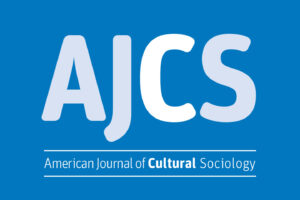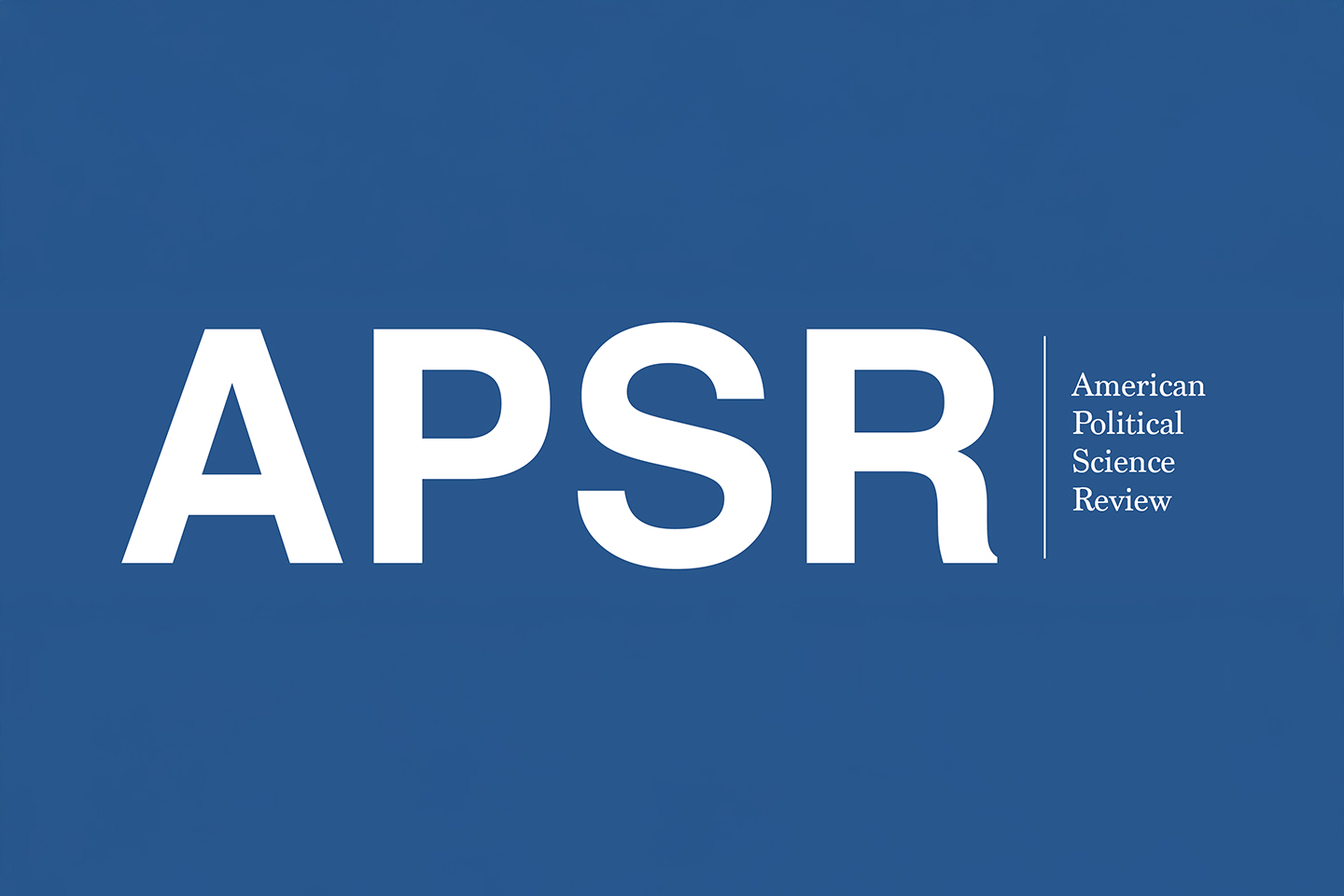
The views expressed below are those of the authors and do not represent the views of the SNF Agora Institute or Johns Hopkins University.
Authors: Jeffrey L. Kidder, Amy J. Binder, Zosia Cooper
In this paper, we examine the symbolic boundaries used by libertarian scholars and organization leaders to distinguish themselves from conservatives, progressives, and other libertarians. We show that during semi–structured interviews, respondents highlighted different types of moral borders to portray their social identities as congruent with the intellectual life of the academy. Our analysis is significant for cultural sociologists because libertarians defy easy political categorization, meaning adherents must continually negotiate other people’s stereotypes and misinformation about what libertarians actually believe. Further, among graduate students and professors, there is an additional concern that failing to conform to the progressive norms of higher education can derail their academic careers. Thus, we argue that libertarians offer a unique opportunity for studying the interconnections between symbolic boundaries and institutional contexts in the performances of social identity.






